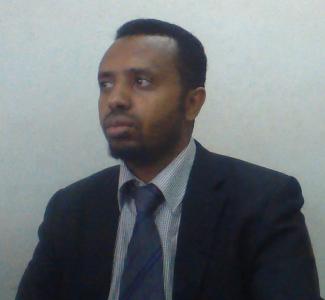Assisting Job Search in Low-Employment Communities
- In Africa, where young people often struggle to find good jobs, the cost of searching for jobs and lack of information can prevent businesses from matching up successfully with young job-seekers.
- A randomised evaluation of two job-search programmes for young people in Addis Ababa aimed to address this problem.
- Findings suggest that young job-seekers who attend job application workshops or receive transport subsidies to travel to interviews are more likely to get a permanent job than those who did not.
- The findings have directly influenced a labour market component of the World Bank’s social safety net programme in Ethiopia.
As the urban population continues to grow rapidly in Africa, the number of young people looking for formal jobs is increasing. In particular, this presents a challenge for policymakers where poorly-educated young people with little work experience, often women who have left school early, struggle to find work.
Through the project, one group of young job-seekers was offered job application training at a workshop and the other group was offered transport subsidies to attend interviews. Both groups were compared against a control group who did not receive training or subsidies.
Eight months after the end of the programme, individuals invited to the job application workshop are nearly 60% more likely to have permanent employment and 31% more likely to have formal employment compared to individuals in the control group. The group receiving transport subsidies are 25% more likely to have formal employment.
The results indicate that transport subsidies allow job-seekers to search for work more intensively and the application training in particular was effective in enabling less educated workers to better communicate their skills to employers. However, there was not a clear link between the quality of the candidate, as measured by their education level, and their success in the job market. Further work is required to determine whether the programmes have a positive effect on matching job-seekers with businesses.
Engagement with policymakers on preliminary findings of this project continues, including with the Ethiopia Ministry of Labour and Social Affairs. The findings have also directly influenced a labour market component of the World Bank’s social safety net programme in Ethiopia.









